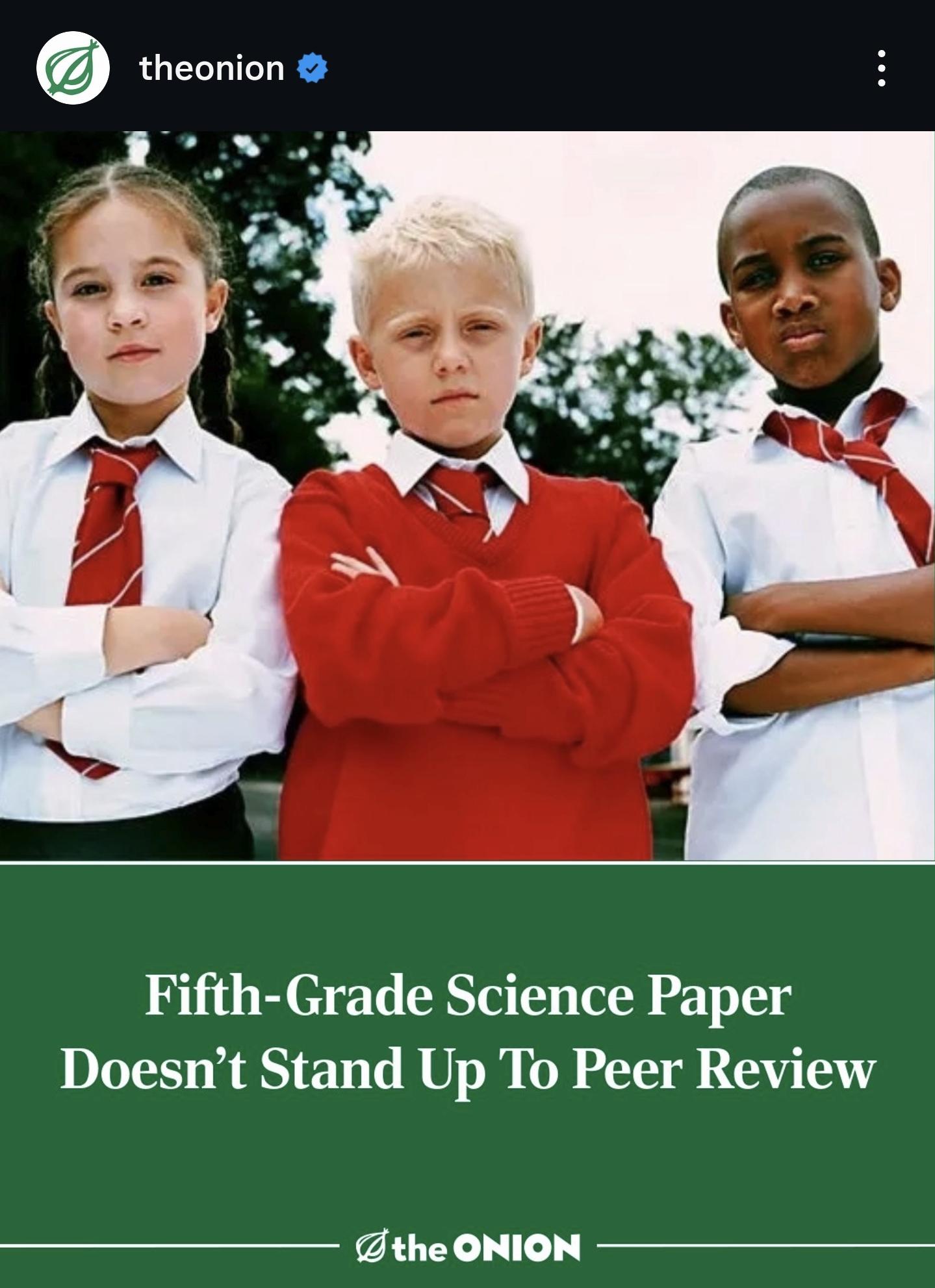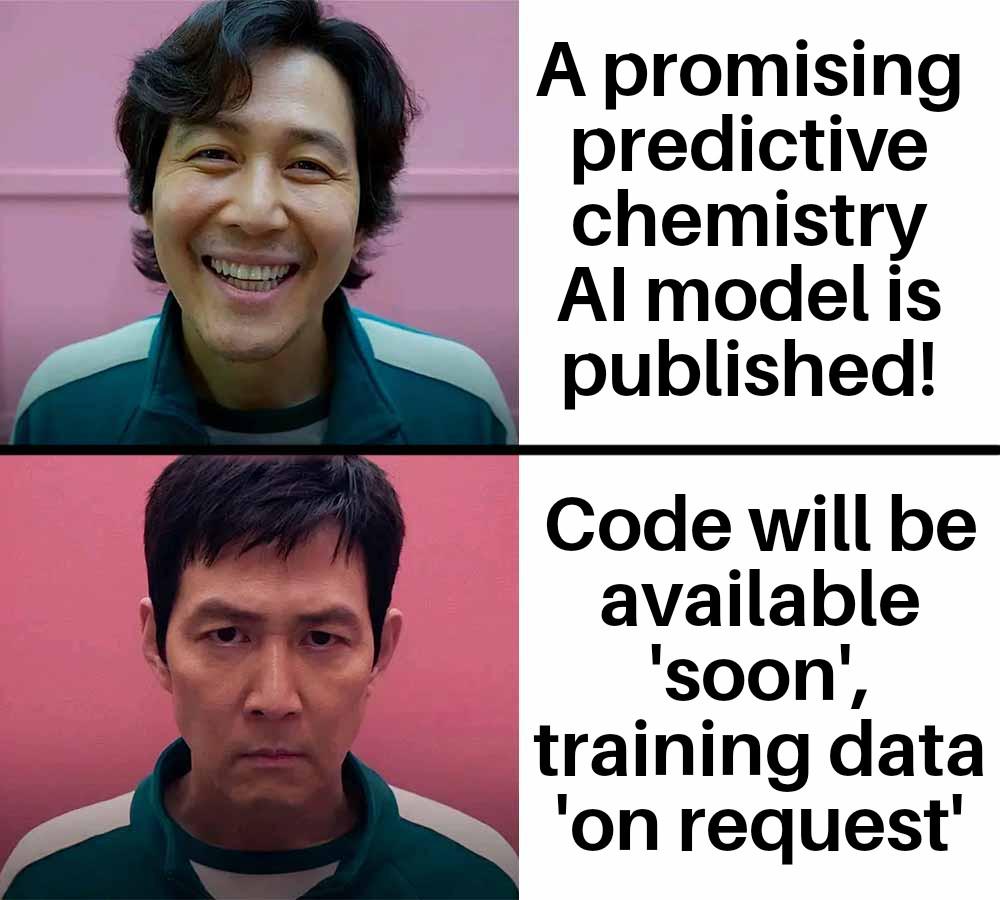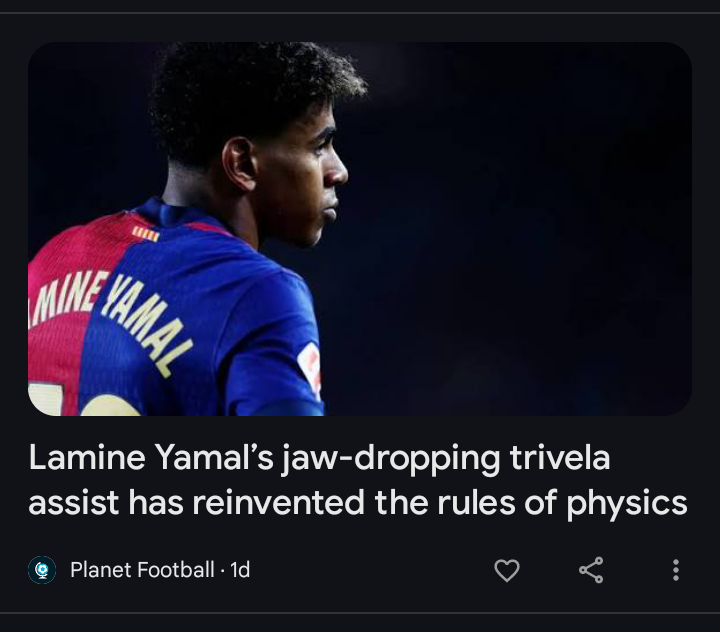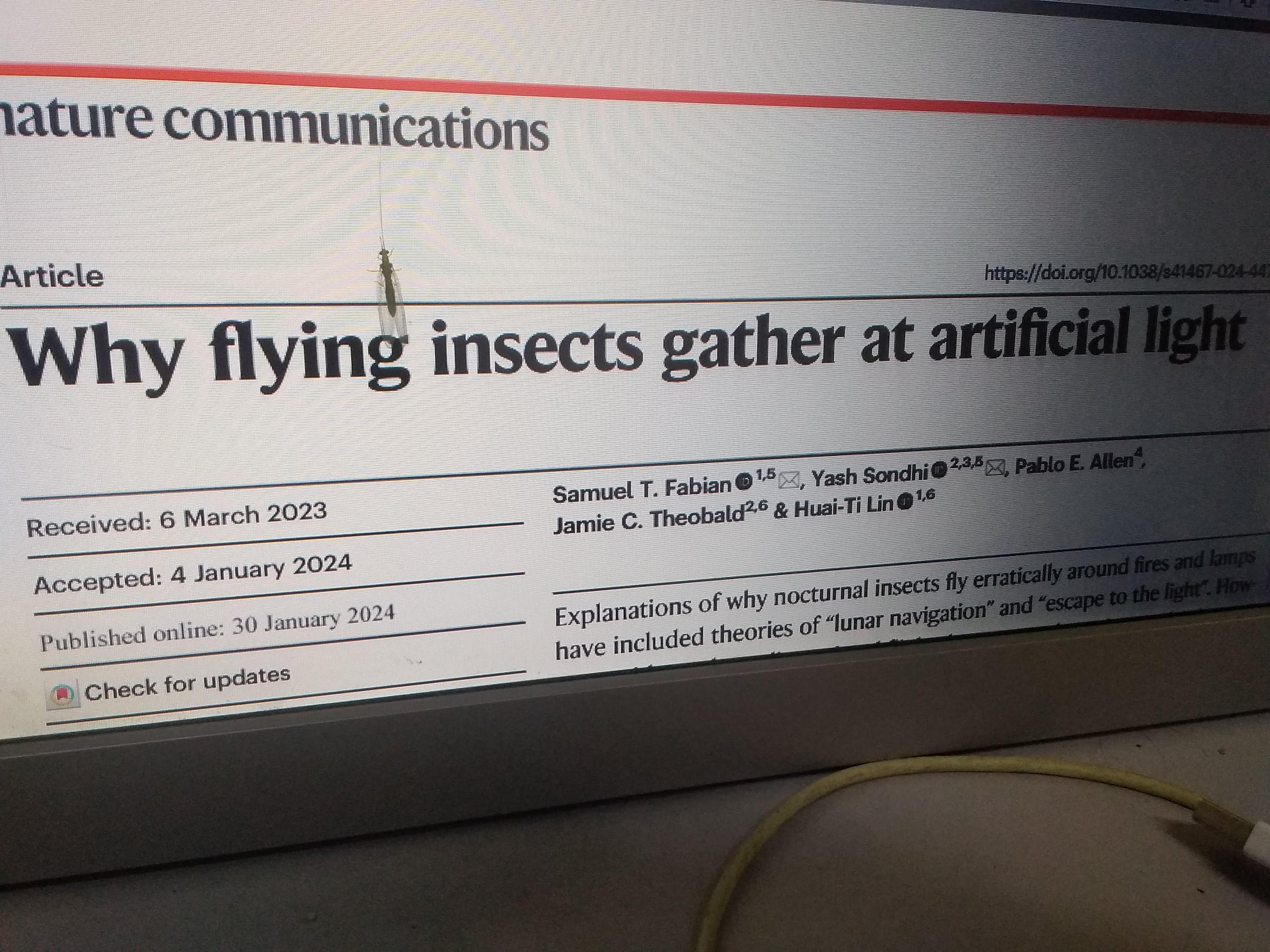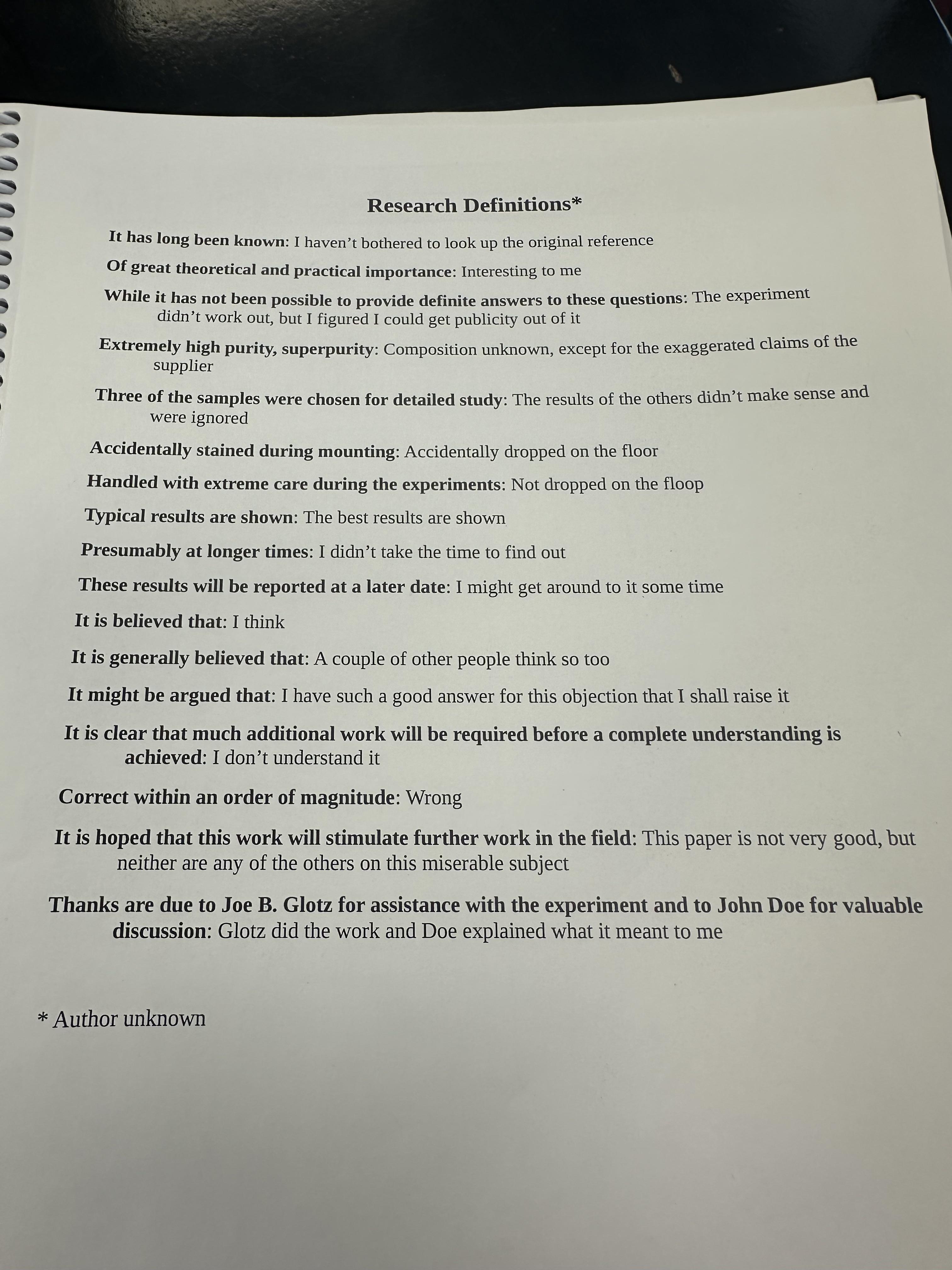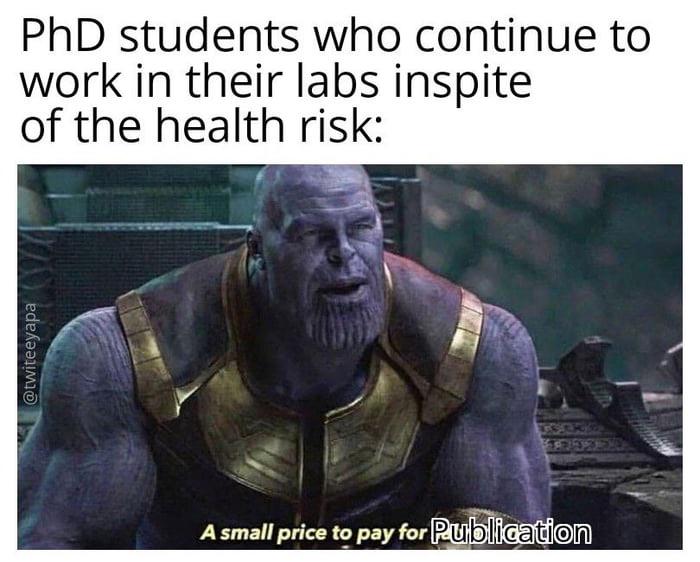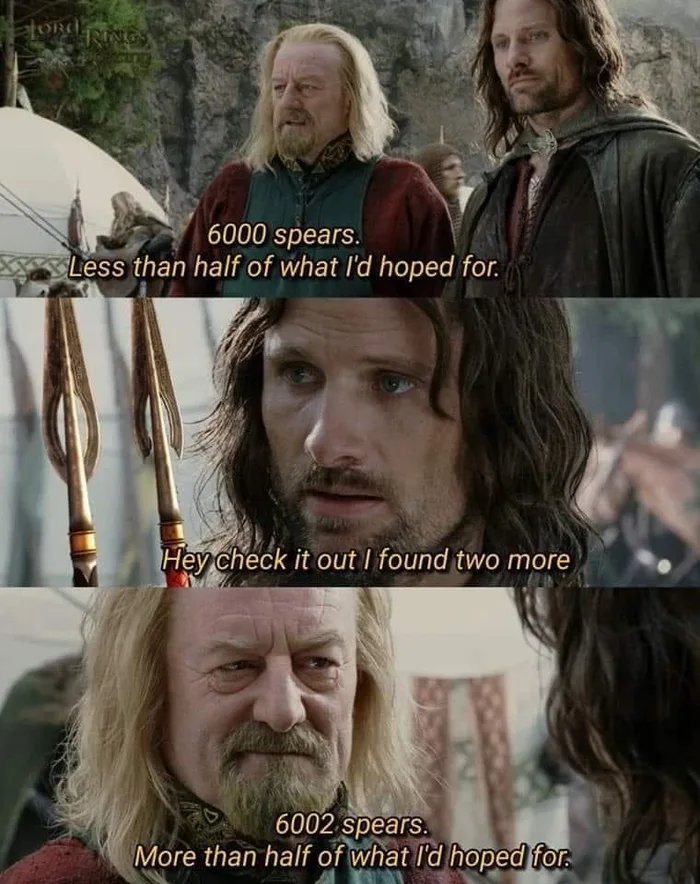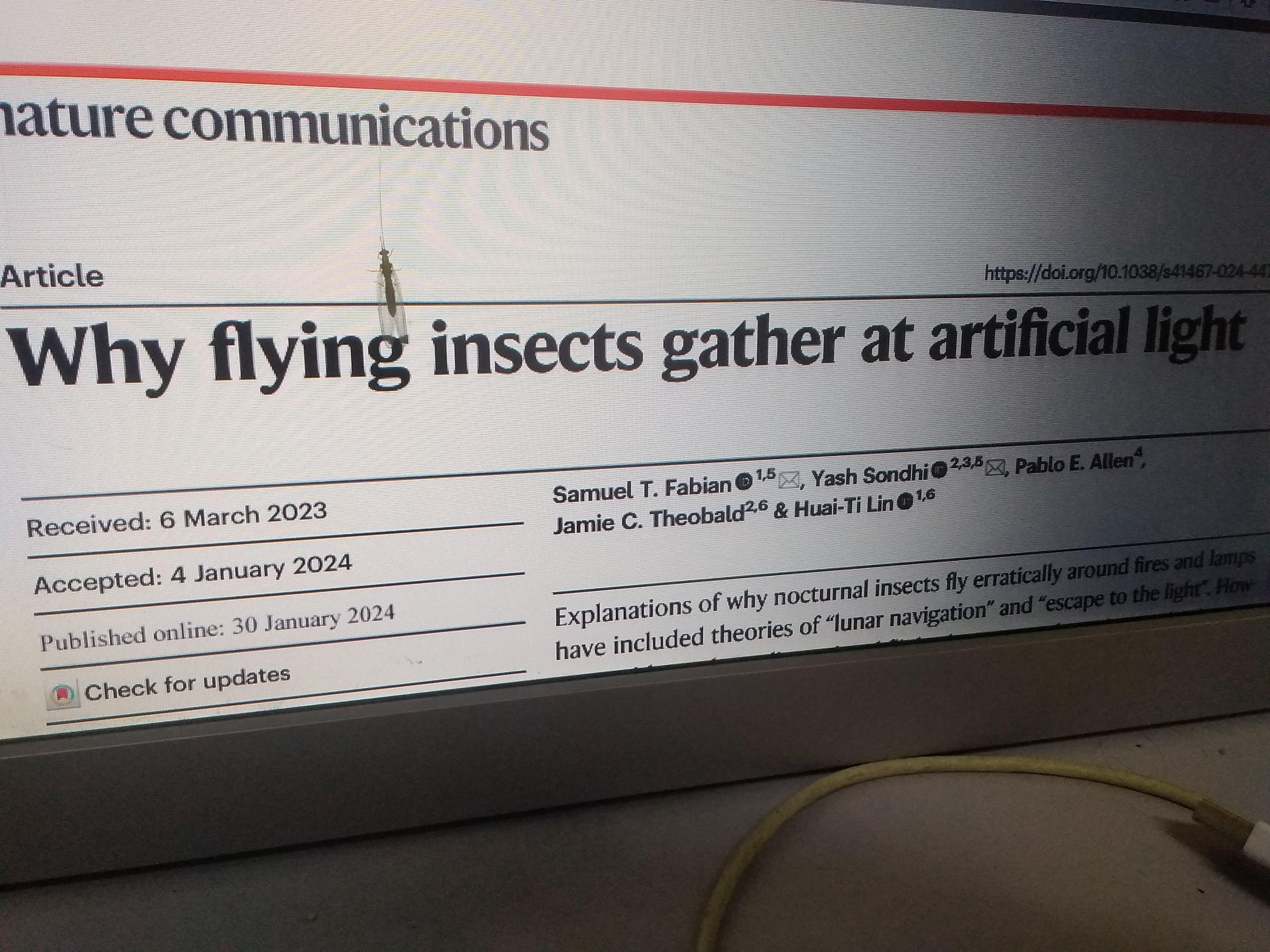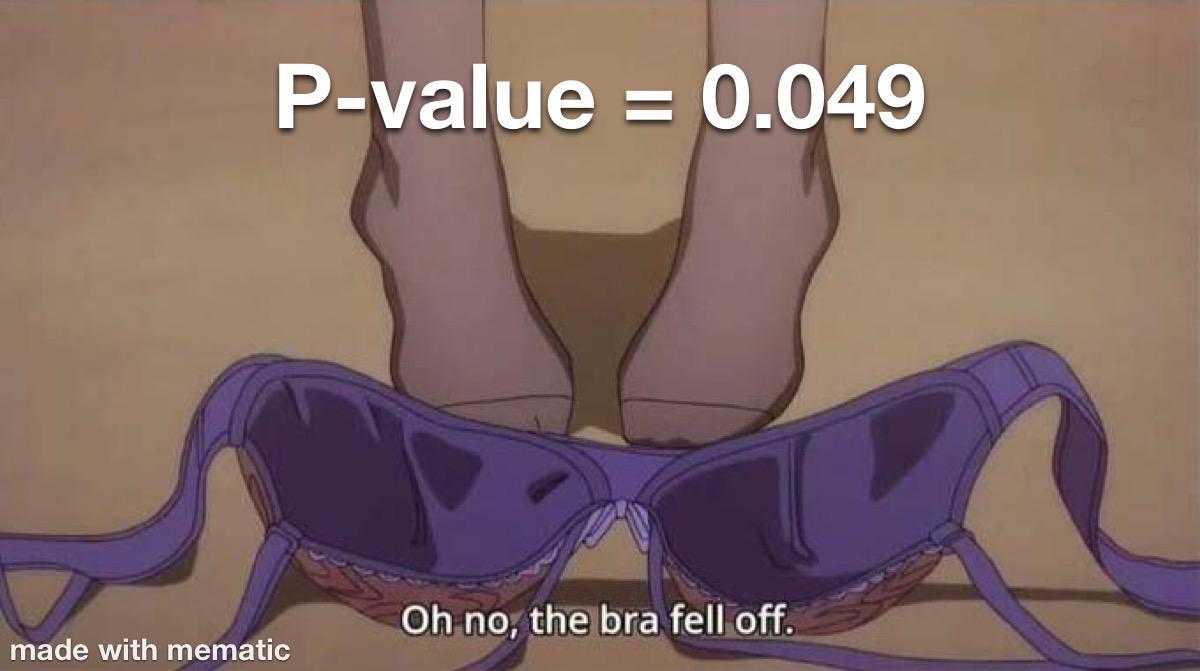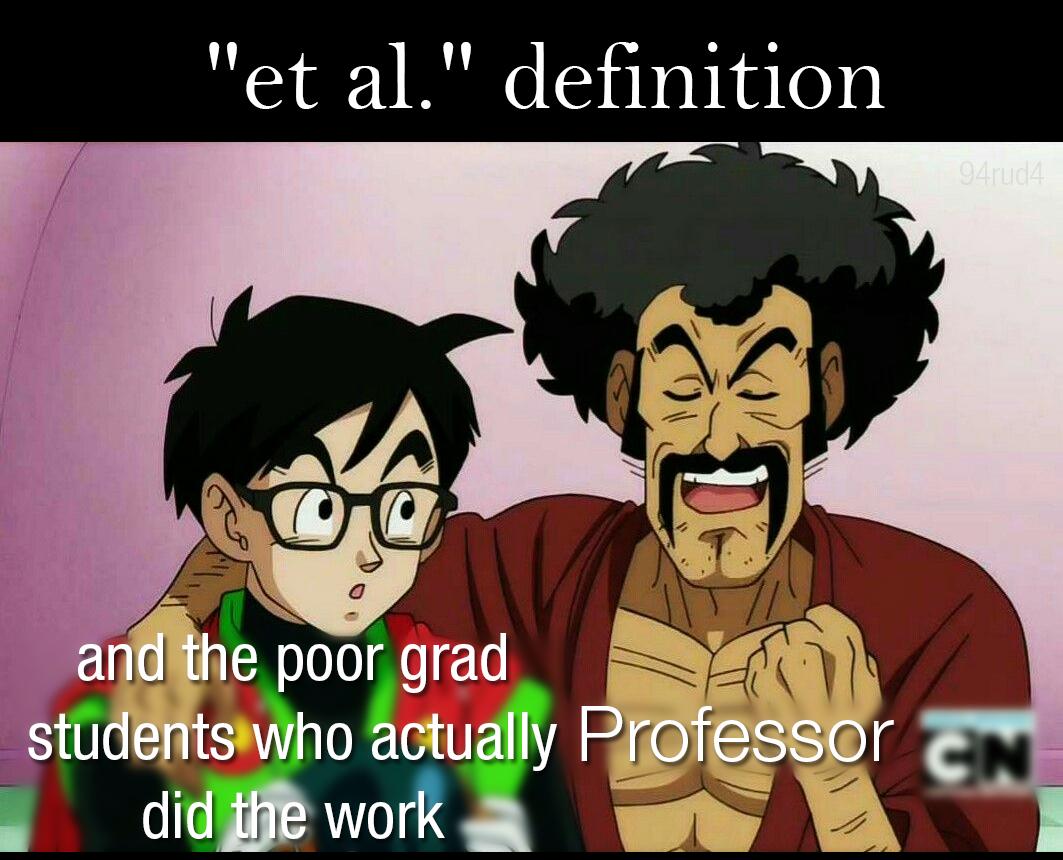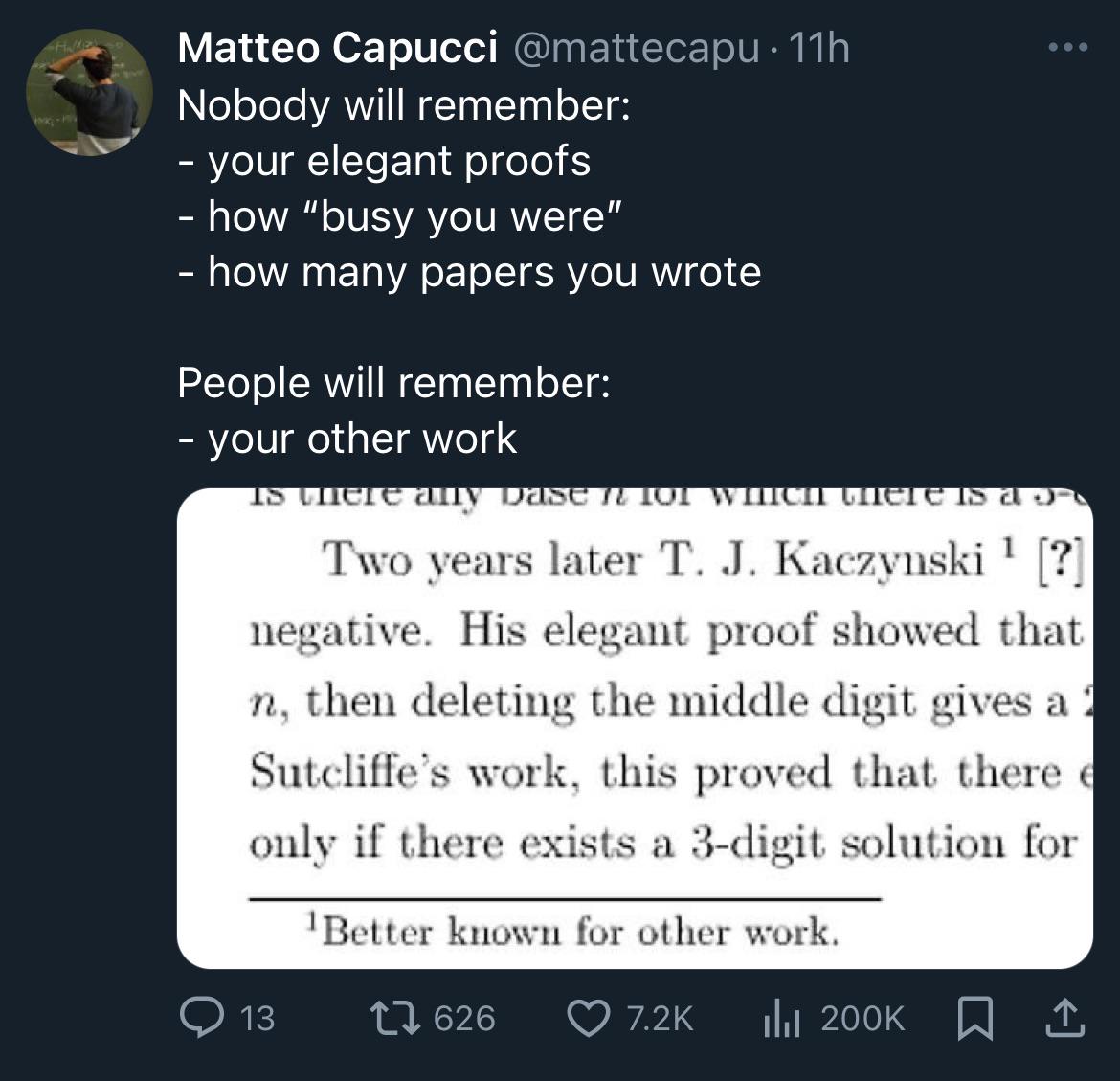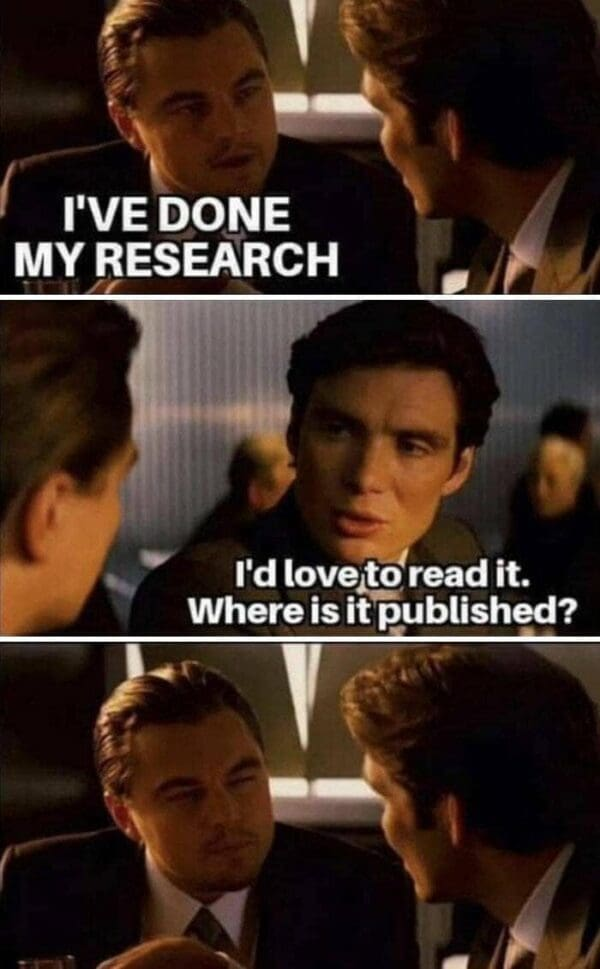Nothing stands between a PhD student and their precious data—not even a global pandemic or toxic chemical spill! While mere mortals flee from danger, graduate students think, "But my cell cultures..." The academic version of "This is fine" while the lab burns around them. The ultimate sacrifice isn't death—it's five years of research with nothing to show but a single publication that three people will read. Thanos had the Infinity Stones, PhD students have their unrelenting desperation for results that might, just might, get them that coveted first-author paper.


 Academia
Academia
 Ai
Ai
 Astronomy
Astronomy
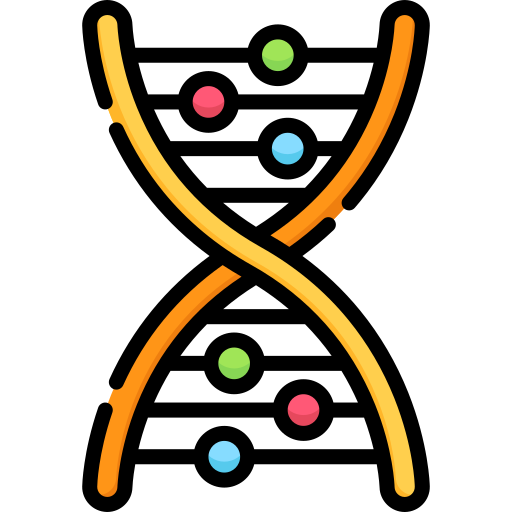 Biology
Biology
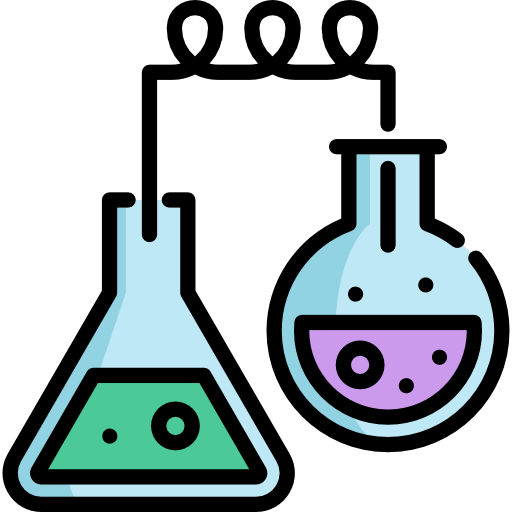 Chemistry
Chemistry
 Climate
Climate
 Conspiracy
Conspiracy
 Earth-science
Earth-science
 Engineering
Engineering
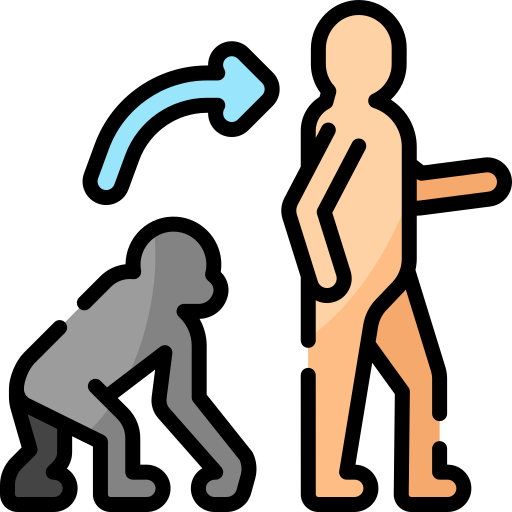 Evolution
Evolution
 Geology
Geology
